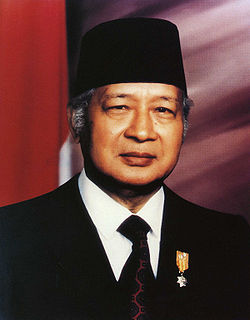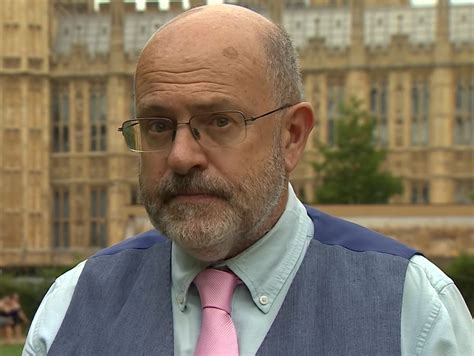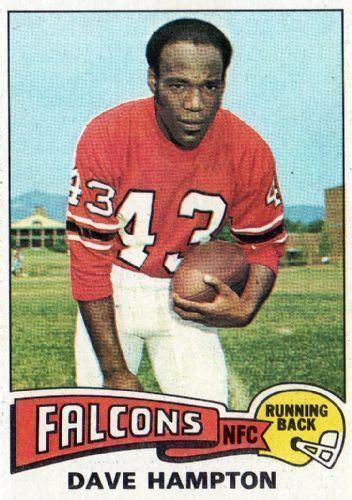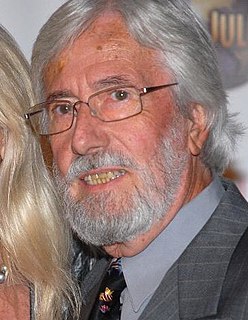A Quote by David Miliband
Today, the UK must be the pioneer of a new model of economic change, that integrates social and environmental consideration. This is not just a question of values and moral duty. It is about our economy's capacity to sustain itself
Related Quotes
As it has over the decades, the union movement stands for the fundamental moral values that make America strong: quality education for our children, affordable health care for every person-not just some-an end to poverty, secure pensions and wages that enable families to sustain the middle-class life that has fueled this nation's prosperity and strength. Union members and other working family activists don't just vote our moral values-we live them. We fight for them, day in, day out. Our commitment to economic and social justice propels us and everything we do.
This new economy that's just emerged has a new central economic actor. It's not the worker, the person who produces, nor the person who consumes, the purchaser. It's a new actor that does both things at the same time, call them a creator. They both create and consume in the same single act, and we're just beginning to see the shape of this new economy and it changes not just the economy itself, it's going to change the whole nature of the work relationship.
I believe that the community's duty to education is, therefore, its paramount moral duty. By law and punishment, by social agitation and discussion, society can regulate and form itself in a more or less haphazard and chance way. But through education society can formulate its own purposes, can organize its own means and resources, and thus shape itself with definiteness and economy in the direction in which it wishes to move.
For decades, I thought that scientific truth, solid economic case studies, and common sense were enough to bring about change on the environmental front. After all, the data is so compelling! I thought that if people just understood the severity of today's environmental threats and knew about available solutions, those solutions would happen. Not so.
Today it's fashionable to talk about the New Economy, or the Information Economy, or the Knowledge Economy. But when I think about the imperatives of this market, I view today's economy as the Value Economy. Adding value has become more than just a sound business principle; it is both the common denominator and the competitive edge.
Today, blacks are no longer the litmus paper or the barometer of social change. Blacks are in every segment of society and there are laws that help to protect them from racial discrimination. The new ‘niggers’ are gays. It is in this sense that gay people are the new barometer for social change. The question of social change should be framed with the most vulnerable group in mind: gay people.
The three pillars of development (economic, social and environmental) must be strengthened together. But it is evident that two of the pillars - economic and social - are subsidiary to, and underpinned by, the third: a vibrant global ecology. Neither dollars nor our species will out-survive our planet. The earth can survive happily without people or profit
And one day we must ask the question, "Why are there forty million poor people in America?" And when you begin to ask that question, you are raising questions about the economic system, about a broader distribution of wealth. When you ask that question, you begin to question the capitalistic economy.
Concern for the fate of the great rivers of the earth must lead us to reflect soberly on the model of development which our society is pursuing. A purely economic and technological understanding of progress, to the extent that it fails to acknowledge its intrinsic limitations and to take into consideration the integral good of humanity, will inevitably provoke negative consequences for individuals, peoples and creation itself.
When we talk about the word 'socialism,' I think what it really means is just democratic participation in our economic dignity and our economic, social, and racial dignity. It is about direct representation and people actually having power and stake over their economic and social wellness, at the end of the day.
Is it too late to prevent us from self-destructing? No, for we have the capacity to design our own future, to take a lesson from living things around us and bring our values and actions in line with ecological necessity. But we must first realize that ecological and social and economic issues are all deeply intertwined. There can be no solution to one without a solution to the others.

































